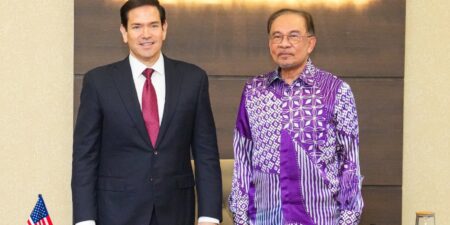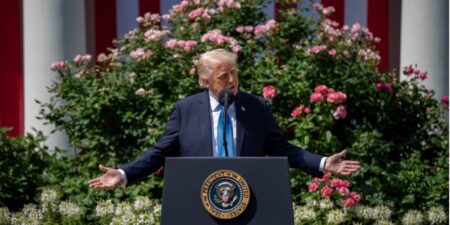The BGA India Team, led by Managing Director Ratan Shrivastava, wrote an update to clients on India’s new Cabinet.
Context
- Indian Prime Minister Narendra Modi constituted his 72-member National Democratic Alliance (NDA) government, including a 30-member Cabinet, June 10 — one day after he took the oath as the head of the Council of Ministers for a third consecutive time.With a quick turnaround time between his swearing-in and the ministry allocation, the prime minister indicated that his government will hit the ground running with its governance and policy agenda after a seven-week election cycle.
- Modi’s Cabinet signals policy continuity and stability because incumbents maintain almost all the important Cabinet portfolios with a view to fast-track key reforms and flagship projects and key government schemes. A closer look at the portfolio allocations also highlights the emphasis laid on matching domain expertise and the background of key ministers to their portfolios.
Significance
- The Modi 3.0 Cabinet can be seen as a mix of technocrats, seasoned administrators and senior politicians, which will focus on balancing pro-business reforms with stronger citizen outreach programs. Although effective governance and the last-mile delivery of social schemes will continue to be the key themes, spurring job creation and growth through greater private investment will get more attention than in the preceding term.
- The government will remain friendly to investment from global companies as it continues its focus on strengthening India’s position as a key global investment destination across manufacturing and technology. Modi will look to deepen economic and strategic relationships with the United States and other members of the Indo-Pacific Economic Framework, accelerate investment ties and move toward finalizing ongoing free trade agreement negotiations with key Middle Eastern and Western economies.
Implications
- Global investors can expect the government’s road map to prioritize financial, industrial and agriculture reforms; economic growth; and job creation. Progressive legislative measures concerning digitization and emerging technologies will continue, and the government will seek to advance flagship initiatives from the previous term as it accelerates hard and digital infrastructure development, integration with global manufacturing supply chains, emerging technology adoption and the renewable energy transition. Challenges to introduce controversial legislation such as the Uniform Civil Code are expected from the robust opposition in Parliament.
- Despite the economic benefits of some radical reforms, such as the now-repealed Farm Bills (2020) and the proposed “One Nation, One Election,” the government is expected to take up other market-friendly reforms through more consensus-based policymaking, taking its NDA allies into confidence, while addressing aspirations of economically weaker states.
- In Modi 3.0, programs and policies across digital economy and fintech, emerging technology-adoption, energy transition and climate action commitments will likely focus on their respective 2030 targets, nearly coinciding with the government’s current term, and align with the Vision 2047 blueprint of a developed economy in the years ahead.
We will keep you updated on relevant developments. If you have questions or comments, please contact BGA India Managing Director Ratan Shrivastava at ratan@bowergroupasia.com.
Best regards, BGA India Team


























